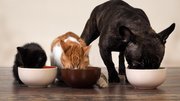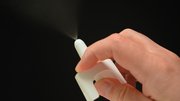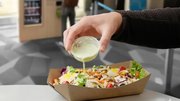News
Tomra Reaches Record 40 Billion Containers Recycled Milestone
ASKER, Norway -- Tomra said its 82,000 reverse vending machines (RVMs) have received a record-breaking 40 billion containers back for recycling in the past year. Tomra, headquartered in Asker, Norway, with U.S. offices in Shelton, CT, is the largest reverse vending machine producer globally and leading sensor-based machines for sorting and recycling. “40 billion reasons to be extremely proud,” said Tomra head of collection solutions Harald Henriksen. “We have been waiting to hit the 40 billion mark and ...
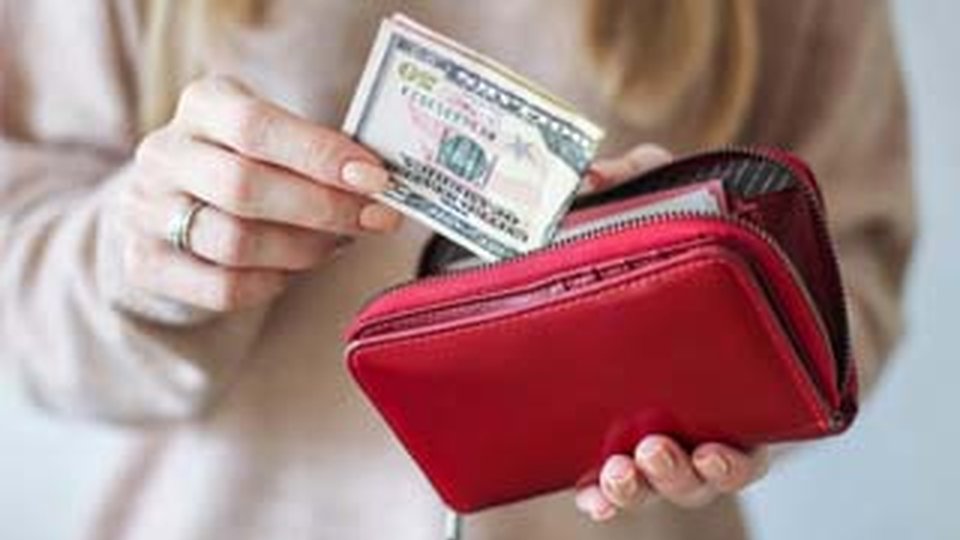
May 13, 2019
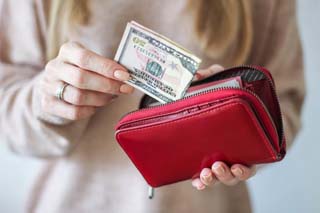 ASKER, Norway -- Tomra said its 82,000 reverse vending machines (RVMs) have received a record-breaking 40 billion containers back for recycling in the past year.
ASKER, Norway -- Tomra said its 82,000 reverse vending machines (RVMs) have received a record-breaking 40 billion containers back for recycling in the past year. Tomra, headquartered in Asker, Norway, with U.S. offices in Shelton, CT, is the largest reverse vending machine producer globally and leading sensor-based machines for sorting and recycling.
"40 billion reasons to be extremely proud," said Tomra head of collection solutions Harald Henriksen. "We have been waiting to hit the 40 billion mark and we feel an enormous sense of achievement having reached this milestone. Of course, this is a joint effort and we couldn't have done this without our customers and the hundreds of thousands of recyclers in over 60 markets, who have delivered their beverage containers back to Tomra reverse vending machines for recycling."
For every beverage container that is recycled and reused, there is a CO2 emission avoidance compared to manufacturing bottles from virgin material, Tomra emphasized.
Forty billion bottles have a potential CO2 saving of up to 3 million tons, officials said. To put this into context this is the equivalent of 394 billion smartphones charged; 12.2 billion kilometers driven by an average passenger vehicle; 51 million tree seedlings grown for 10 years; and 1.1 billion liters of oil saved.
"With a million plastic bottles sold every minute, we are making it our mission to stop them reaching our oceans, streets and landfills," Henriksen said. "The growing number of countries that are establishing container deposit schemes as well passing legislation to use more recycled material, proves that the world is waking up to the plastic pollution problem. With 8 million tons of plastic waste up in our oceans every year, this legislation cannot come any sooner."
When a bottle is returned to a reverse vending machine for recycling, the material is protected from contamination from other types of household waste, such as food waste or types of plastic that cannot be used for bottles, Henricksen explained. A bottle returned at an RVM maintains its food-grade status and can be turned back into another plastic bottle in a never-ending "closed loop." Tomra calls this process "clean loop recycling" and is campaigning for as many beverage containers to be kept in the loop as possible.
"Whilst reaching the 40 billion mark is a huge achievement, there is still a long way to go," Henriksen concluded. "This number only represents 2.5% of global beverage packaging sold. This number has to improve to meet future material demand and to keep used containers from ending up where they don't belong."
